By Lauren Steinbacher, Director, Corporate Employment,
NEXT for AUTISM
The business world has undergone dramatic shifts due to the COVID- 19 pandemic. Companies have contracted or shut down, some for good. Thirty-three million people filed for unemployment in the first seven weeks of this crisis. By most indicators, the world economy is experiencing extensive retrenchment. With this state of affairs, recruiting new talent, let alone talent with disabilities, is probably the last thing that anyone is thinking about.
Yet I’m hopeful that the new reality will bring opportunities. Having worked with many companies to create sustainable hiring programs for people with autism and other disabilities, I know that while change can be deeply painful, it inevitably brings innovation.
The top question I’m being asked by people in the disability community right now is how are you staying positive when so many people are losing their jobs, especially people with disabilities? My answer is: I am looking to the future. Already, we’re seeing companies adopt more flexible, out-of-the-box thinking. Large office-based companies quickly transferred their workforce to working remotely. Companies that are hiring – and there are some in the financial, food, and production industries – are thinking creatively about their interview practices, using video conferencing to screen candidates and provide training to new hires. We are all adapting.
The most promising thing I see is that, as a country, we’ll be working together to fashion our new normal. The disability world can play an important role in this. Imagining a new normal to replace adversity is what NEXT for AUTISM has always done.
Before COVID 19, I saw excellent accommodations in the workplace. There were job try-outs where qualified candidates, whose talents might not be easily seen in a traditional interview, were paid to take part in an immersive workday. There were remote interviews where candidates, from the comfort of their home, could successfully manage the stressful experience of answering interview questions. These were creative approaches used to hire people with autism before the pandemic. Now with businesses everywhere looking for workforce solutions, these disability accommodations could become universal.
This gives me hope. I see a future where the business world will take the lead to work with employees with disabilities and advocates for inclusion to implement thoughtful hiring policies and workplace innovations for our new normal.
I hope you’ll join me in realizing this vision for the future. Challenge your company to look to employees with different abilities and to adopt inclusion practices that ultimately will benefit everyone. Let this new chapter in our lives be one where all types of workers belong.

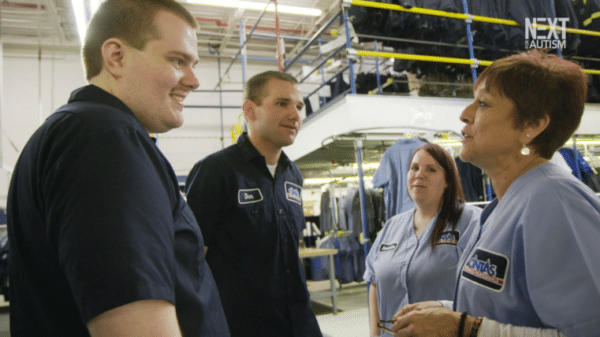
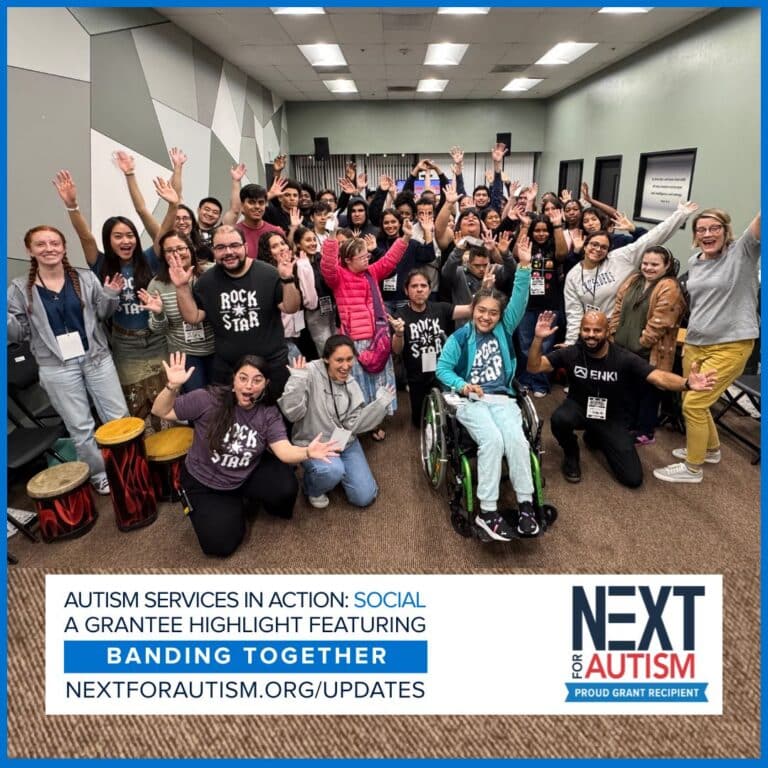
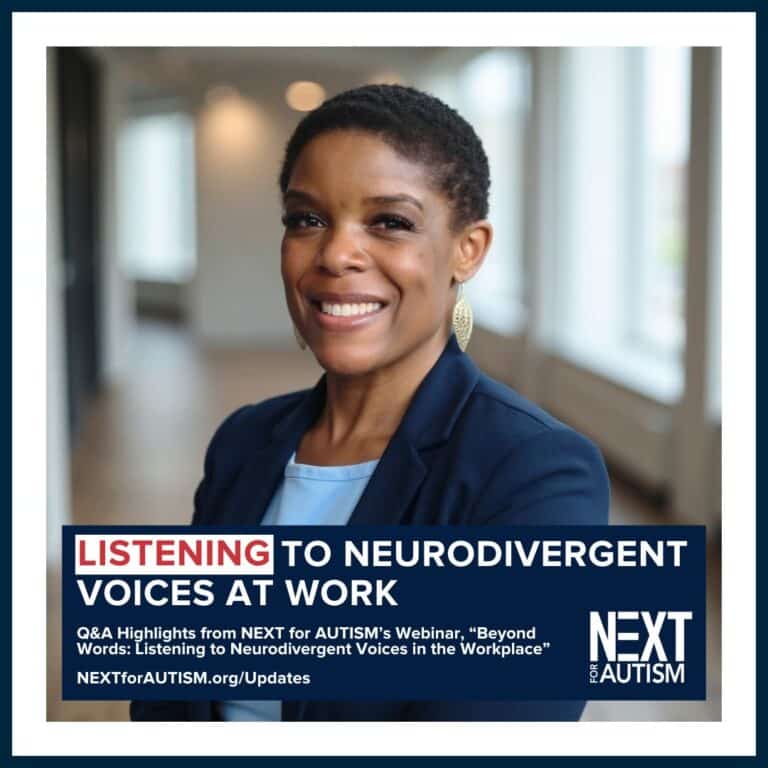
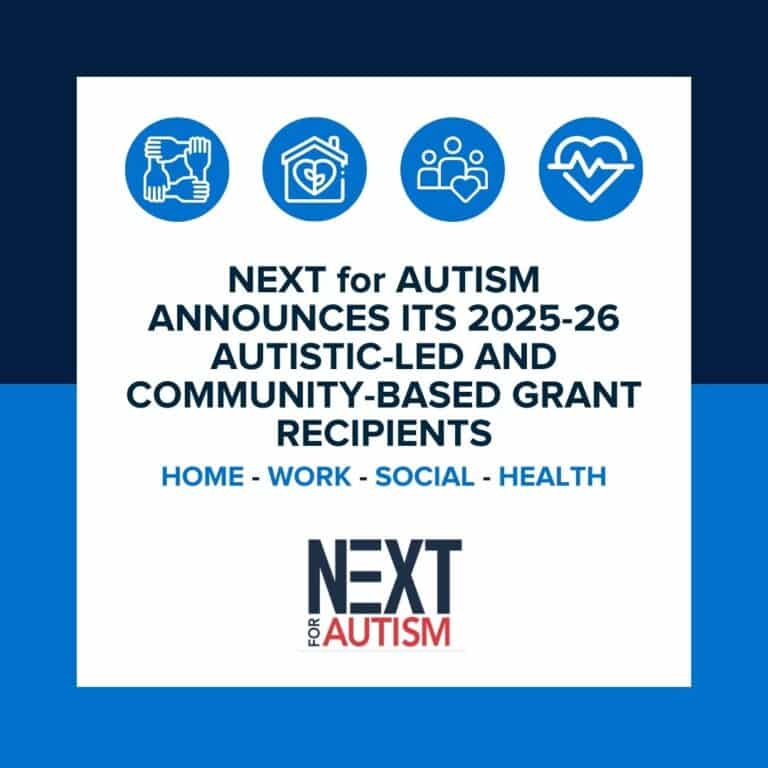

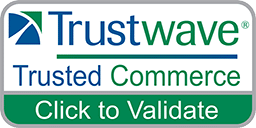
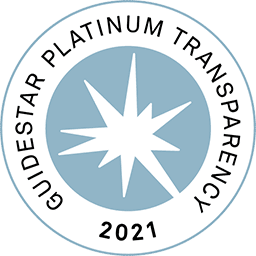
Leave a Reply